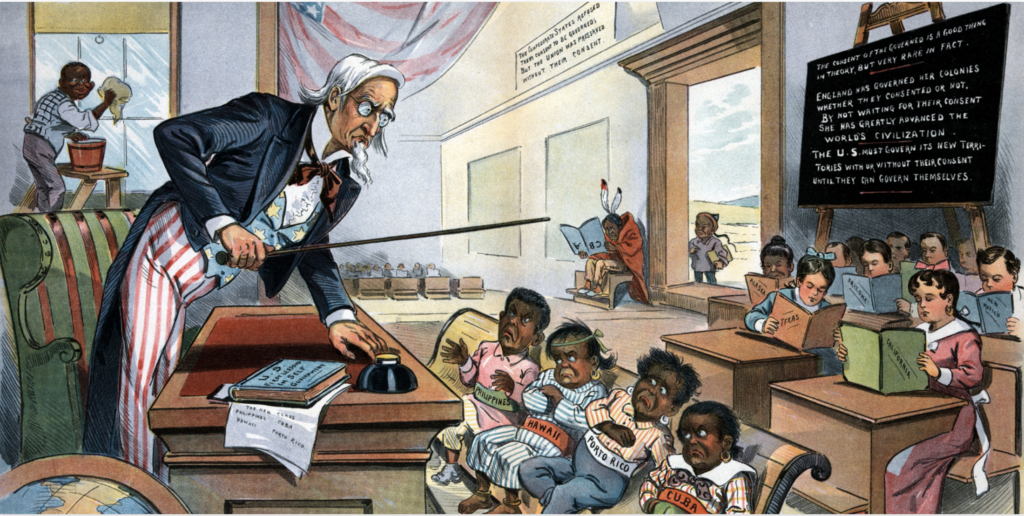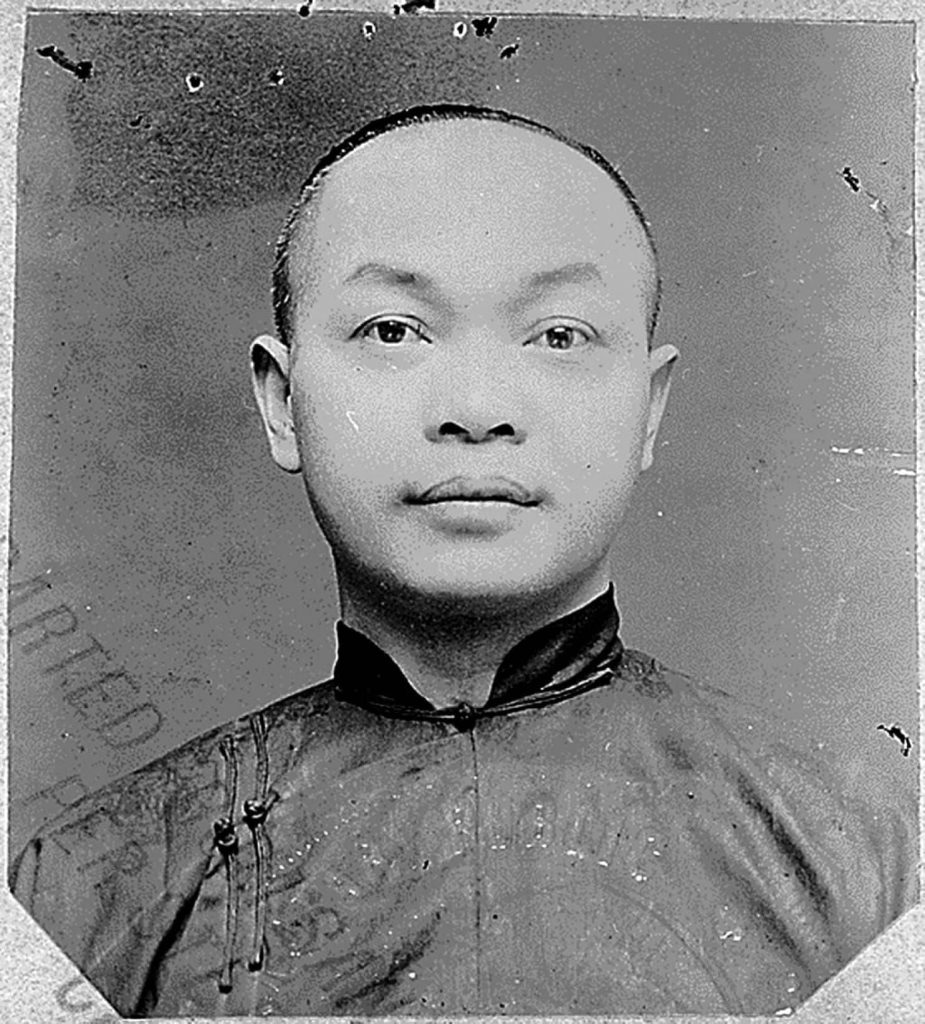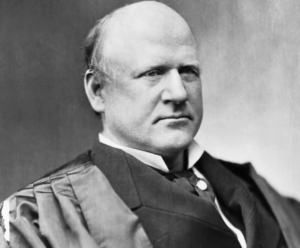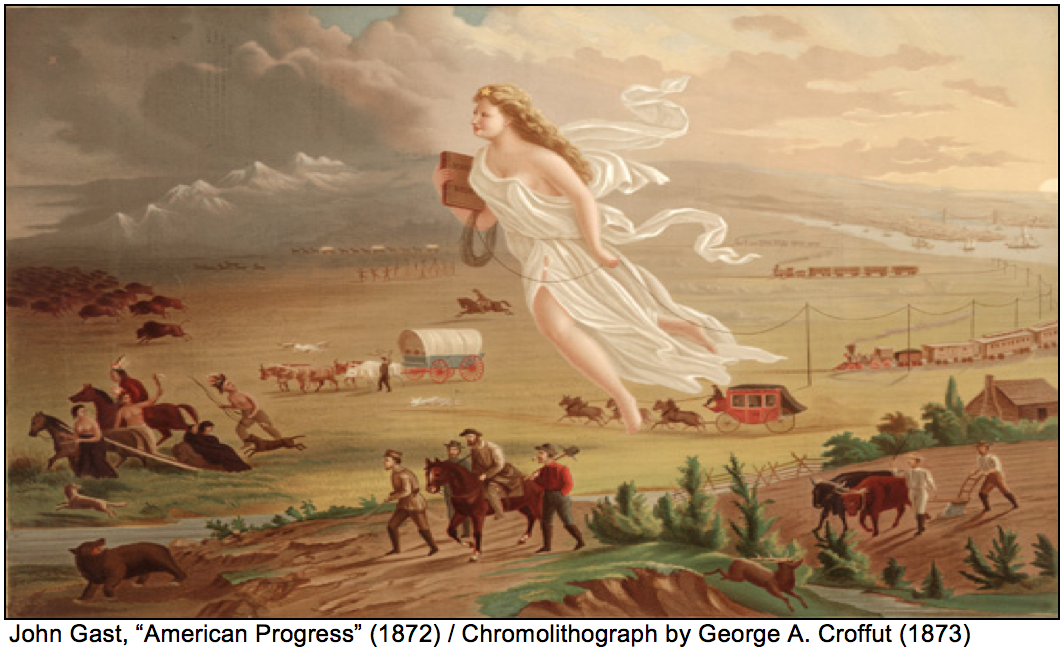Did the United States embrace imperialism?
American Yawp, chapter 19: American Empire
- I. Introduction
- II. Patterns of American Interventions
- III. 1898
- IV. Theodore Roosevelt and American Imperialism
- V. Women and Imperialism
- VI. Immigration
- VII. Conclusion
- VIII. Primary Sources
- IX. Reference Material
Image Gateway
Discussion Question
- The Yawp editors suggest that this 1899 cartoon from Puck magazine “captures the mind-set” of American imperialists, but how might it also be said to caricature turn-of-the-century imperialism?
For more information, see Brian Shott’s essay in David Prior’s edited collection on Reconstruction and Empire (2022)
Timeline
- 1882 // Chinese Exclusion & Immigration acts
- 1898 // War with Spain
- 1898 // Hawaii annexation
- 1899-1902 // Philippine Insurrection
- 1899-1900 // Open Door Notes
- 1900 // McKinley defeats Bryan in presidential rematch
- 1903-1914 // Panama Canal
- 1904 // Roosevelt Corollary to Monroe Doctrine
Chinese Exclusion
The court decided United States v. Wong Kim Ark on March 28, 1898. For 120 years since, anyone born in the United States, regardless of their race or class, or the immigration status of their parents—except for the children of foreign diplomats—instantly becomes a U.S. citizen. —Jonathan Katz
- First Chinese Exclusion Act (1882) (National Archives)
- Background on Wong Kim Ark, litigant in Supreme Court case (1898)
- Jonathan Katz, “Birth of a Birthright,” Politico (2018)
Fourteenth Amendment (1866 / 1868) Section 1. All persons born or naturalized in the United States, and subject to the jurisdiction thereof, are citizens of the United States and of the State wherein they reside. No State shall make or enforce any law which shall abridge the privileges or immunities of citizens of the United States; nor shall any State deprive any person of life, liberty, or property, without due process of law; nor deny to any person within its jurisdiction the equal protection of the laws.
ORIGINS: Civil Rights Act of 1866 SEC. 1: That all persons born in the United States and not subject to any foreign power, excluding Indians not taxed, are hereby declared to be citizens of the United States;
Plessy v. Ferguson (1896): “The white race deems itself to be the dominant race in this country. And so it is, in prestige, in achievements, in education, in wealth, and in power…. But in the view of the Constitution, in the eye of the law, there is in this country no superior, dominant, ruling class of citizens. There is no caste here. Our Constitution is color-blind and neither knows nor tolerates classes among citizens. In respect of civil rights, all citizens are equal before the law.” (Dissent by Justice John Marshall Harlan)
Wong Kim Ark (1898): “Generally speaking, I understand the subjects of the emperor of China—that ancient empire, with its history of thousands of years, and its unbroken continuity in belief, traditions, and government, in spite of revolutions and changes of dynasty—to be bound to him by every conception of duty and by every principle of their religion, of which filial piety is the first and greatest commandment; and formerly, perhaps still, their penal laws denounced the severest penalties on those who renounced their country and allegiance, and their abettors, and, in effect, held the relatives at home of Chinese in foreign lands as hostages for their loyalty. And, whatever concession may have been made by treaty in the direction of admitting the right of expatriation in some sense, they seem in the United States to have remained pilgrims and sojourners as all their fathers were.” —Fuller / Harlan Dissent in Wong Kim Ark (1898)
Toward a new “manifest destiny”
John L. O’Sullivan, Annexation (1845
“…other nations have undertaken to intrude themselves into [the fate of Texas], between us and the proper parties to the case, in a spirit of hostile interference against us, for the avowed object of thwarting our policy and hampering our power, limiting our greatness and checking the fulfillment of our manifest destiny to overspread the continent allotted by Providence for the free development of our yearly multiplying millions.”
–Excerpted from John L. O’Sullivan, “Annexation,” The United States Magazine and Democratic Review 17 (July 1845): 5–10
William McKinley, Inaugural Address, 1897
We want no wars of conquest; we must avoid the temptation of territorial aggression. War should never be entered upon until every agency of peace has failed; peace is preferable to war in almost every contingency.
Woodrow Wilson, Annual Message, 1920
This is the time of all others when Democracy should prove its purity and its spiritual power to prevail. It is surely the manifest destiny of the United States to lead in the attempt to make this spirit prevail.
Donald Trump, Inaugural Address, 2025
And we will pursue our manifest destiny into the stars, launching American astronauts to plant the Stars and Stripes on the planet Mars. Ambition is the lifeblood of a great nation, and, right now, our nation is more ambitious than any other. There’s no nation like our nation. –Donald Trump, January 20, 2025




